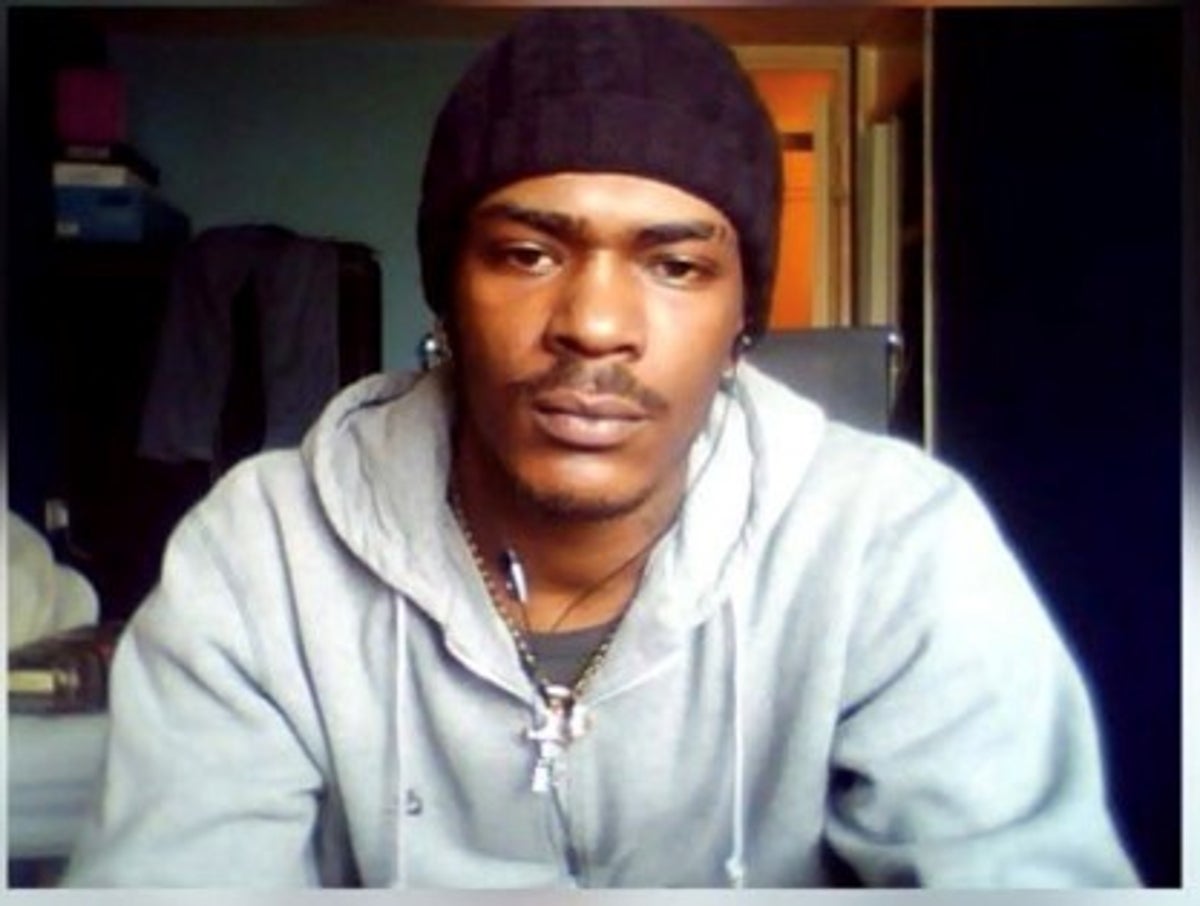
A coroner has condemned the “unacceptable” care of a vulnerable, epileptic Black man who died in prison after staff failed to take his risk of seizure seriously, The Independent can reveal.
Trevor Monerville, 33, was found unresponsive after having an epileptic seizure in his cell at HMP Lewes in East Sussex in April 2021. On that morning, prison staff did not carry out a morning roll check as they were supposed to.
A damning inquest found there was “insufficient and unacceptable” management of Mr Monerville’s care, by both HMP Lewes and the privately-owned prison healthcare provider, Practice Plus Group (PPG).
The jury also found that staff displayed a “lack of empathy” for the people under their care, according to the official record of the inquest seen by The Independent.
The law firm representing Mr Monerville’s family said healthcare and prison officers ignored “multiple warnings” about his condition and that there was a “woeful” lack of understanding around his seizures.
Of the 11 epilepsy death cases in prison since 2005, seven are Black or mixed race, according to Inquest, the charity.
Paul Ham and Constance Collard, of law firm Birnberg Peirce said: “Despite multiple warnings from Trevor, his mother and other family members, healthcare and prison officers failed to take the risk of his seizures, especially nocturnal seizures, seriously.
“The prison failed to consider how sharing a cell could have kept Trevor safer. There was a woeful lack of understanding around the monitoring or recording of seizures. The jury rightly noted the inadequate communication, lack of empathy and not taking ownership of Trevor’s care by staff.”
Born in Hackney, east London, Mr Monerville was a handyman and mechanic by trade.
Trevor Monerville was being held at HMP Lewes in East Sussex
The Londoner began to receive treatment for epilepsy in 2016. He had frequent seizures and was taking daily medication.
On 30 November 2020, Mr Monerville was sent to HMP Lewes on recall over allegations of criminal damage. He was still having multiple seizures a week at the time.
The inquest established that his medical records were available to healthcare staff but were not checked. The jury heard there was confusion in the staff as to whether Mr Monerville suffered from epilepsy or a condition, known as non-epileptic attack disorder, that requires completely different treatment.
There was also “no system in place to monitor and document” Mr Monerville’s seizures, with staff not fully briefed on his vulnerabilities, the inquest heard.
On 16 January 2021, Mr Monerville was moved back from the inpatient unit, where he’d been after suffering a seizure, to a standard prison wing. He spent the majority of his time alone in a single cell, despite it being established by prison doctors and staff that sharing a cell would have been the most appropriate option for him.
Mr Monerville’s mother and siblings— (Family handout)
On 18 April, prison staff did not carry out a morning roll check as they were supposed to. At 9.47am, a prison officer found Trevor unresponsive in his cell and he was subsequently pronounced dead.
Speaking to The Independent, the 33-year-old’s mother described the “years of sadness, numbness and despair” since her son’s death – and said those involved in her son’s case have “blood on their hands”.
“The system had the responsibility for my son’s life, and they handled his life with carelessness, non-existent duty of care and severe negligence,” Sonia Oke told The Independent.
“My son’s final days on this earth were of suffering through the hands of the law. The blood is indeed on the members of staff that have taken part in this case amongst the entire prison system hands.
“Hearing the countless failed attempts of trying to communicate with the prison as I worried and remained anxious about my son’s treatment every second of every day only weakens me to my knees. Me and my children will remain heartbroken.”
Ms Oke added: “Words cannot describe the animalistic treatment that we have received from this system. Justice will never truly be made because a life cannot be resurrected. (...) But implanting an action of change within the prison service is the only way forward.”
Mr Monerville’s relatives run The Trevor Monerville Campaign, which is lobbying for more robust safeguarding policies for prisoners with epilepsy.
Jodie Anderson, senior caseworker at the charitable organisation Inquest, said: “Trevor entered prison with a very treatable condition, and within five months had died. His family deprived a brother, son, friend. The jury has recognised the catalogue of failings.
“Trevor was put into a single cell despite guidance and reports advising against this, and failures to properly monitor his condition ultimately cost him his life.
“The prison service’s abject refusal to learn from and prevent deaths demonstrates the urgent need for a National Oversight Mechanism, which would ensure that recommendations are not simply dismissed or ignored.”
A further hearing is scheduled for 26 October to consider ongoing issues arising from the evidence of the inquest – and to potentially make recommendations for change in a report to prevent future deaths.
An HMP spokesperson said it was implementing changes following the inquest, “This includes continuing to work closely with our healthcare providers to ensure all prisoners have access to timely and effective care, tailored to their needs.”
Practice Plus Group (PPG) have been approached for comment.







